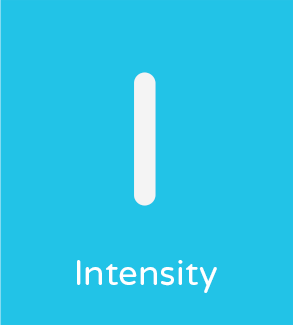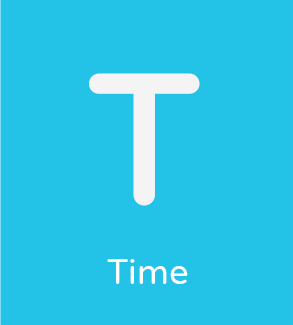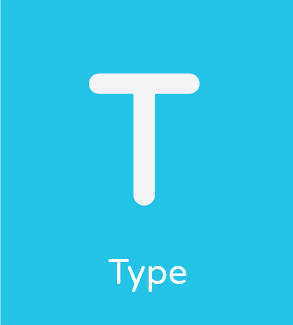Exercise and Physical Activity
The World Health Organisation 2015 describes physical activity as “any bodily movement produced by muscles that requires energy expenditure”. Simply put, this means moving your body in a way that uses up energy.
If you are new to exercise and are overweight, obese with an underlying medical condition, please talk to your healthcare professional or GP before starting.
Exercise is sometimes described as physical activity that increases your heart rate and breathing and that is brisk or intense enough to make you sweat. It is internationally recognised that adults up to the age of 65, should get a minimum of 30 minutes exercise, at least five days a week. If you prefer, this can be broken up into more frequent sessions of 10-15 minutes and gradually increased over time. There are three levels of intensity, light, moderate, and high.
Any activity is good for you but a mix of aerobic (strengthen your heart, lungs and muscles), strength (for your bones and muscles), and stretching (for flexibility) is best.
If you experience any pain, stop and get some advice. Picking an activity you have previously done and enjoyed is a great place to start. Also, trying something new, especially if it involves sharing with other people, can be a great way to stay motivated.
Regular exercise, especially aerobic exercise, will help you feel better, lower your blood pressure and help to control your weight. It will also improve your energy levels and may help to relieve any stress that you might be feeling.
Another good thing about exercise is that the fitter your heart is the better it will pump,but please talk to your doctor before starting any strenuous activity.
Following the F.I.T.T principle can help you plan and organise your exercise weekly:




Tips & Advice
There are tips and advice for anybody who wants to start walking and socialise with their friends.
Strengthening work includes gentle weight training.
www.getirelandactive.ie
www.getirelandwalking.ie
www.iscp.ie
| Tips for successful exercise |
|
The chart below gives you an idea about the intensity of physical activity at home, at work and during exercise. It can also give you other ideas about how to stay physically active during your daily routine at home or at work.
| Intensity Of Common Physical Activity | |||
| Light | Moderate | High | |
| Home | Housework: Dusting, washing the dishes.
Walk to the shops slowly. |
Housework: Sweeping, hovering, moping the floor. Walk to the shops briskly. Gardening: Mow the lawn, sweep the leaves, & prune the shrubs. |
Housework: Clean the windows, paint the walls. Walk to the shops quickly. Gardening: Increase the intensity & speed of previous jobs. |
| Work | Get off the bus one stop early & walk.
Climb the stairs instead of taking the lift one floor. |
Get off the bus two stops early & walk.
Climb the stairs instead of taking the lift for half floors. |
Try to walk or cycle walk part/whole way to work. Climb the stairs instead of taking the lift at a fast pace/jog. Take a walk with colleagues or join a local class on lunch breaks. Do a few reps for 5 minutes each hour. |
| Exercise | Walking in the pool, peddling slowly on the bike. | Swim counting the lengths, increase the speed of your peddling/try small inclines. | Swim count & time the lengths, try a spin class or increase your resistance on the bike. |






